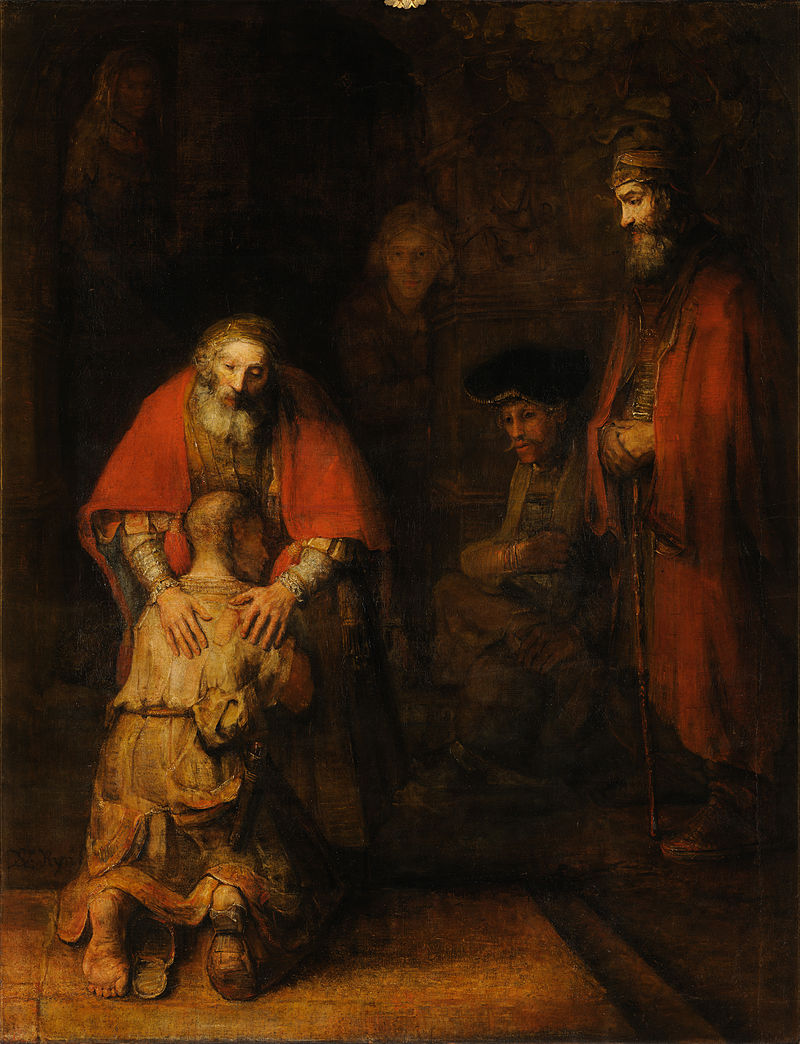I wrote this piece for school, and decided it would be a good one to share here. Please keep in mind that this was written with limited time and the ideas haven’t been fully fleshed out. I think it’s a really important and compelling issue to explore further.
The heresy of heresies was common sense. And what was terrifying was not that they would kill you for thinking otherwise, but that they might be right. For, after all, how do we know that two and two make four? Or that the force of gravity works? Or that the past is unchangeable? If both the past and the external world exist only in the mind, and if the mind itself is controllable–what then?
George Orwell, 1984
In this passage from Orwell’s 1984, the protagonist wrestles with the discrepancies between his own personal experience of truth—things he sees with his own eyes, hears with his own ears, and knows within his heart—and the “truth” as determined by the Party. This raises an interesting and important question: what is truth? The dictionary defines the word as “the body of real things, events, and facts,” or “a judgement, proposition, or idea that is true or accepted as true.” Opinion, on the other hand, is defined as “a view, judgment, or appraisal formed in the mind about a particular matter,” or “belief stronger than impression and less strong than positive knowledge.” In the modern worldview there is quite often significant confusion between truth and opinion. Truth is objective; opinion is subjective.
When we lose sight of this fact, everything descends into chaos. People believe that there is more than one “truth,” or try to force others to accept their personal opinions as truth. Our chronic unwillingness to offend only serves to exacerbate the problem, resulting in intellectual paralysis. Being respectful of the views of others is always important, but insisting that there is more than one “truth” and that everyone is right only leads to confusion. As a culture, we have lost sight of the idea of objective truth.
The solution to the problem is deceptively simple: critical thinking. How do we distinguish between objective truth and personal opinion? By using our minds to actively seek the truth. If we want to really know what is true and what is not, we must be truth-seekers. This requires not only an inquiring mind and a firm grasp of basic logic but also a healthy sense of self-esteem. We are told again and again that we should trust the experts, the scholars, and the scientists. While their insight can be very valuable as we search for the truth, overemphasizing its importance leads us to believe that we—lowly, stupid mortals as we are—cannot come to the truth on our own. This is the greatest obstacle we face on the quest for objective truth, and a great injustice to our abilities.





